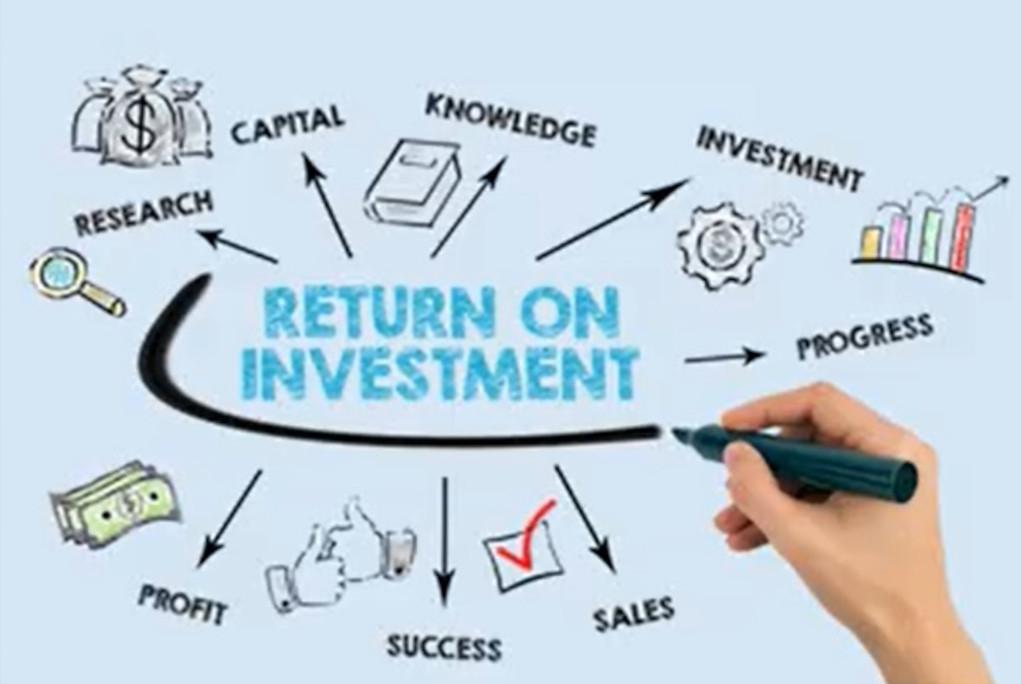CreaFREE has just published (on its platform www.creafree.org) an important video interview of Mr. Alain Souloumiac in which he describes a new and efficient way for startups to raise capital.
Statistics show that 90% of startups fail, but one out of two that has good intellectual property (IP) manages to raise money and succeed. IP has a deterrent effect on copiers. The stronger the IP, the fewer cheap products will compete with the authentic, IP-based products of startups.
In this respect, CreaBOOK seems to be very strong not only because it protects the structure, the brand and the ethical exploitation of the startups’ innovation. It also defends itself against counterfeiters through the deterrent CreaPAX tool. This new private patent, accessible to all start-ups through its price, has a long-term and worldwide coverage.
As Mr. Souloumiac emphasizes the high return on investment (ROI) for startups. Nearly all unicorns have a ROI multiplier over 1000. The expert explains in this interview, that with such high ROI for those which succeed, it is the interest of startups to join forces and merge their CreaBOOKs into NFTs that mutualize their property ownership. The risks of these UCITS (Undertakings for Collective Investment in Transferable Securities) are then mutualized, but remain highly atttractive for investors.
To watch this video, click on the External source link in the right-hand column

